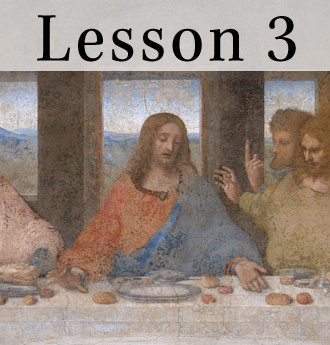Lesson 3: What Historical Developments Influenced Modern Ideas of Individual Rights?
city-state A politically independent community consisting of a city and its surrounding territory.
feudalism A system of social, economic, and political organization in Europe from the ninth to about the fifteenth century in which a politically weak monarch shared power with the nobility. The nobility required work and services from the common people, known as serfs, in return for allowing them to live on and make use of the noble's land and benefit from the noble's protection.
Judeo-Christian Ideas, beliefs, and practices that have their historical roots in Judaism and Christianity.
nation-state As currently used, a country; the standard unit of political organization in the world. The nation-state received its name from the idea of a people, or "nation," organizing itself politically for self-rule. Many countries today, however, are composed of two or more distinct peoples.
private morality An individual's ideas about right and wrong to be practiced in one's personal life. These are derived from religious, philosophical, familial, and other sources, including individual conscience.
public morality The values and principles of right and wrong pertaining to public policies and actions.






